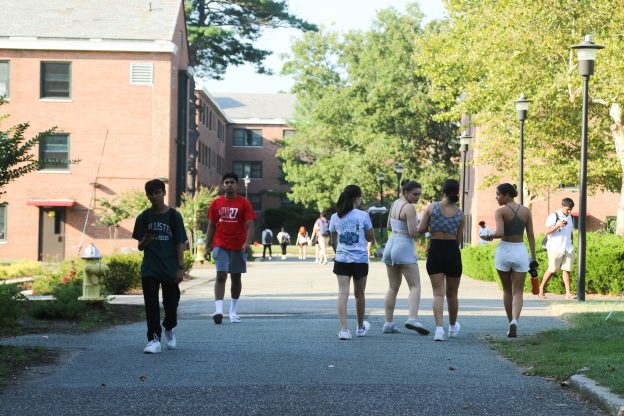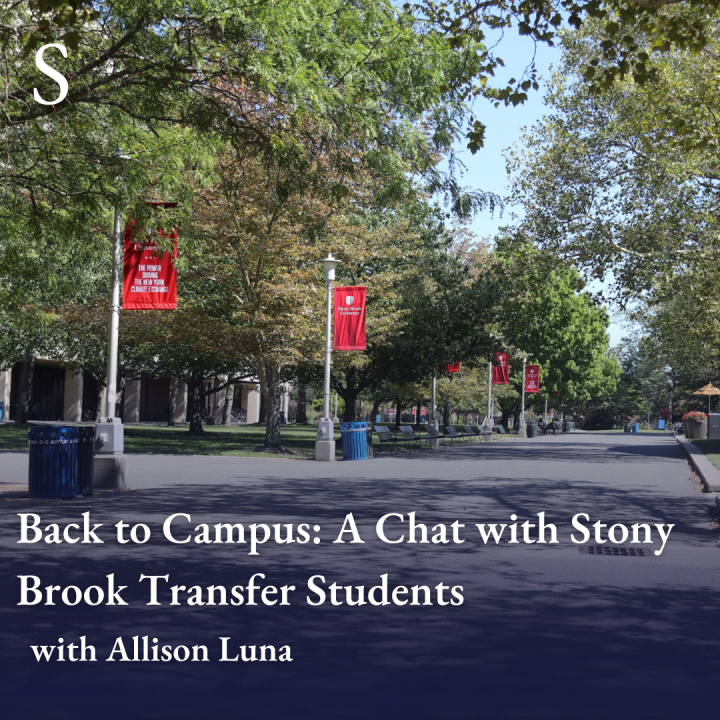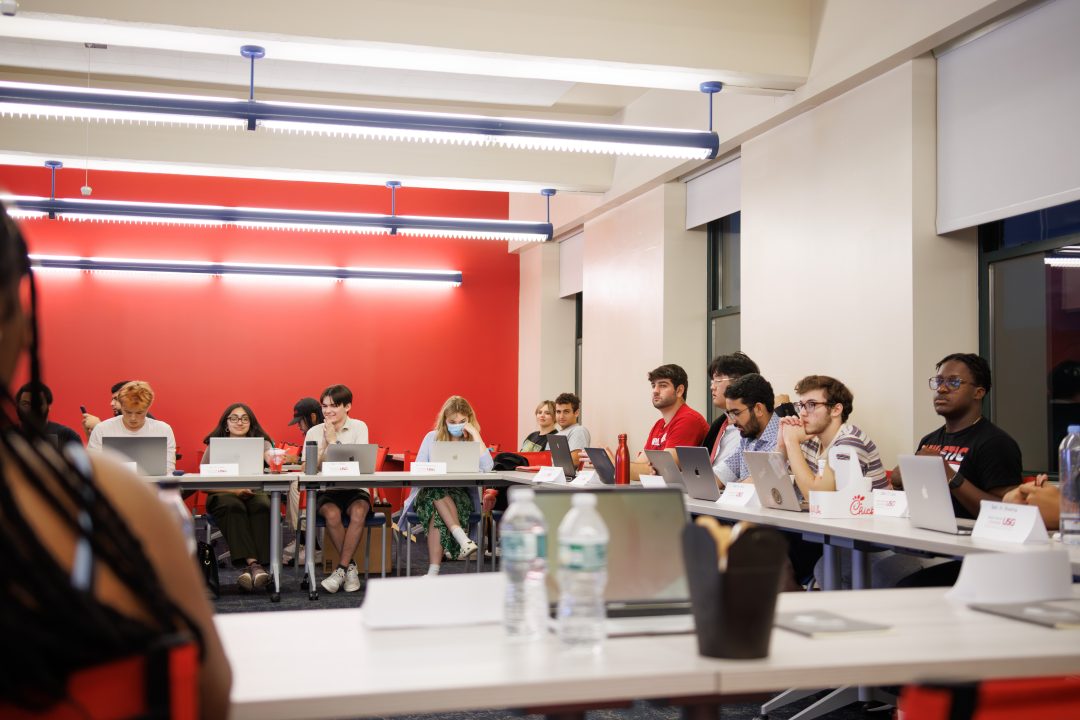
Suffolk County is monitoring an increase of COVID cases affecting Stony Brook faculty and students.
On Aug. 29, Stony Brook University sent out an email notifying both students and faculty members of another rise in COVID-19 cases and listed resources for those affected by it.
Although cases on campus are no longer being reported on the University’s COVID-19 dashboard, reports on New York State’s dashboard show that Suffolk County has seen a nearly 22% increase in the number of cases from the current seven-day positivity rate.
As of Sept. 5, Stony Brook accounted for 0.11% of the 18% increase across Suffolk County according to an email sent to The Statesman by University officials.
However, since that email was sent, the current rate of increase has now jumped up to 22%.
“I don’t feel the effect of COVID-19 increasing,” Juliana Salcedo, a junior human evolutionary biology major and religious studies minor, said. “I am scared of it, though, in the back of my mind because it’s a big school.”
Likewise, junior biology major Tania Kodavali is not as concerned.
“At first it was such a big deal because we didn’t know how to deal with it,” Kodavali said.“We didn’t have any medical treatment. We didn’t have any structure for how we treat the disease. Now we’re definitely starting to get an idea of how to handle it.”
University officials have explained the changes they have made since the start of the pandemic in 2020 and how they now handle positive cases.
“While the COVID-19 Response and Recovery teams who worked diligently during the pandemic are not meeting as regularly as they were [in 2020], designated members representing Student Health Services, Environmental Health & Safety and other key areas on campus are closely monitoring cases reported on campus,” University officials said in an email to The Statesman.
Students are highly recommended by University officials to follow good hygiene practices in order to prevent spreading the illness.
“We continue to educate on the importance of hand hygiene, staying out of classes and campus activities when feeling ill and considering COVID vaccine boosters to prevent more severe infection,” University officials said in an email to The Statesman.
Students like Kodavali think the University’s staff are doing all they can.
“I don’t think realistically any one institution can truly cater to [everyone],” Kodavali said. “I think that they’re doing a pretty good job of handling it, because realistically they have to enforce this on so many students.”
Salcedo, however, feels that the University does not have accessible resources for students dealing with financial problems or displacement problems due to COVID-19.
“I’m sure that they’ve provided resources but I feel like I haven’t been made aware of them,” Salcedo said. “I feel like they just don’t care about COVID. They’re kind of just like make sure you get your vaccines and deal with it when you deal with it.”
University officials also explained that students who test positive should visit the Student Health Services Center to be given isolation instructions.
“I feel like the help that they’re giving is very much thoughts and prayers, but it’s nothing tangible,” Salcedo said.

















